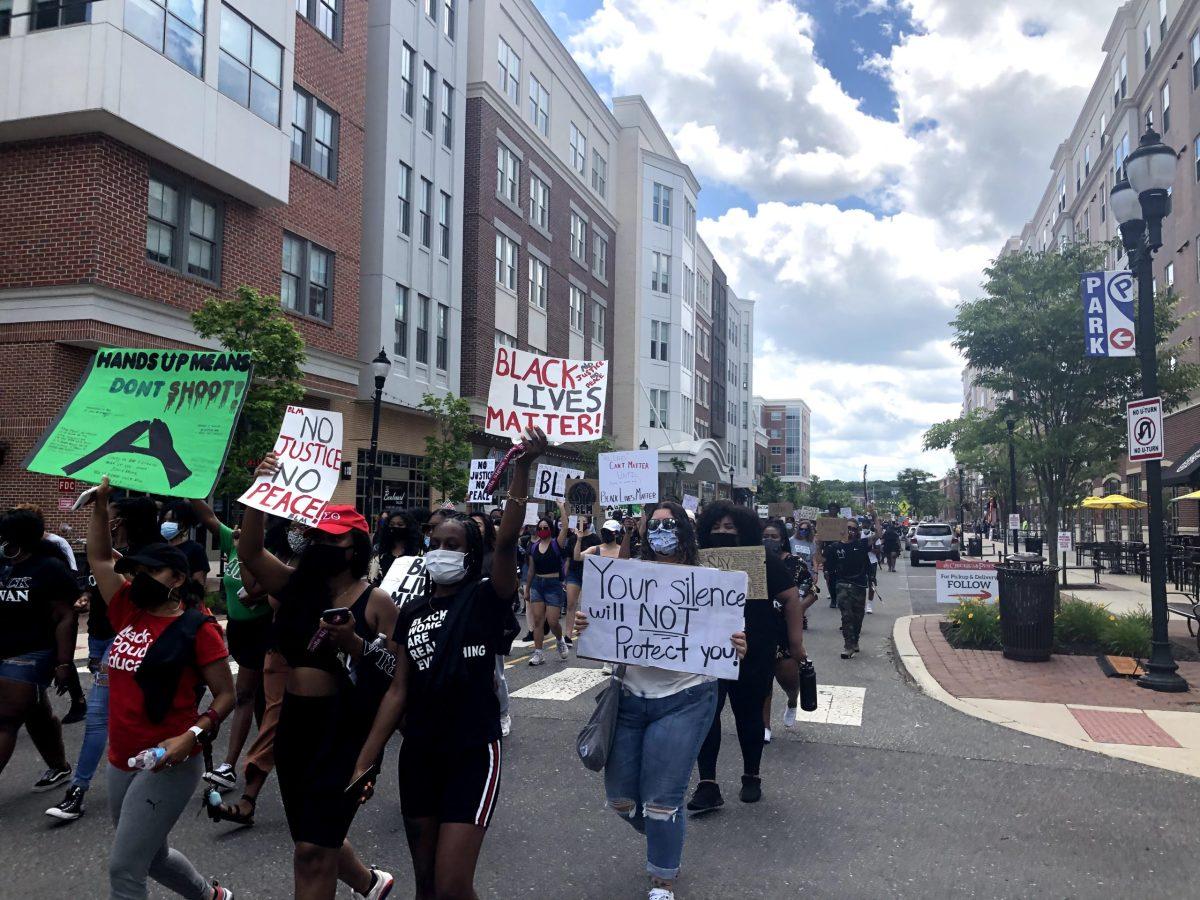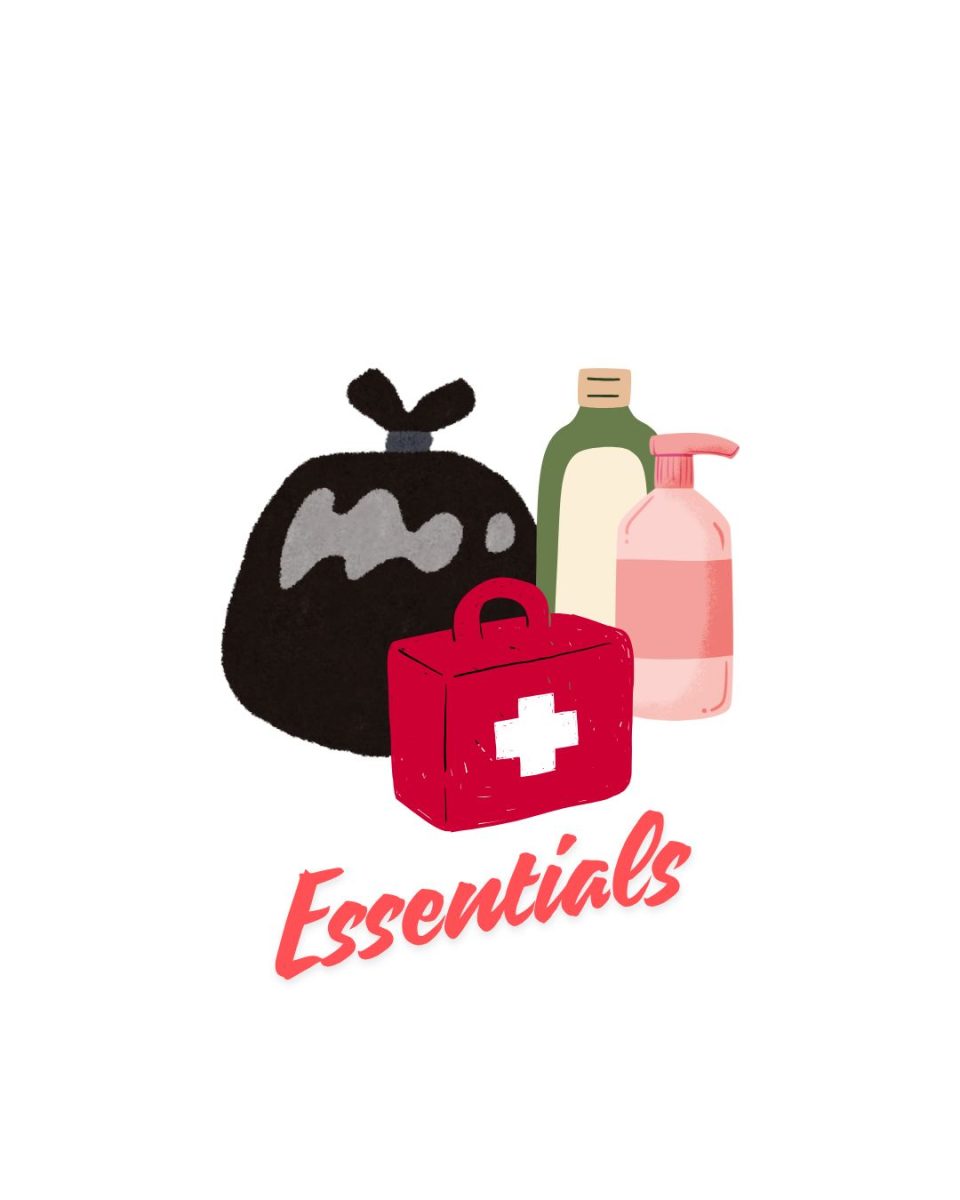There’s a funny axiom about what happens when 18-year-olds leave their small towns for college: that they’ll experience a culture shock of sudden diversity and arts and multiculturalism. When I came to Rowan in 2017 four years ago, though, I had the opposite experience.
I grew up in the suburb of East Windsor, a town squashed neatly between Trenton and Princeton. It’s mostly sprawling farmland and highway, with the New Jersey Turnpike slashing across like a scar. Despite being a “small town” with fewer than 25,000 residents, East Windsor (and its donut-hole center, Hightstown) is diverse in a way you can’t orchestrate.
The next town over, Robbinsville, hosts the world’s largest Hindu temple outside of India, and that proximity allows East Windsor to host a blossoming South Asian community. As of the 2000 census, 6.31% of Hightstown identified as Ecuadorian — the second-most out of any town in New Jersey, and the sixth-most in the country.
My high school experience was marked by Rangeela shows, Hispanic heritage parades and student-led Black Lives Matter demonstrations. I remember coming into class on the day after the 2016 election and seeing many of my peers openly crying. Of course, there were many white students at Hightstown High School, but I was rarely (if ever) in a classroom with only other white people, and I could count on one hand the number who considered themselves “conservative.”
This is why, in my freshman year at Rowan, the biggest “culture shock” was that almost entirely white people lived in my pod for honors students at Holly Pointe Commons — and how few people of color were around me for any of my classes. It was baffling to see how controversial it could be to say “Black Lives Matter” in 2017, as well as how many young people voted for, and were happy with, a Trump presidency.
Even more alienating, I felt, was the number of “liberal” people with whom I would try to discuss issues of social justice and equity, who immediately shut me down; they “didn’t like to talk about politics.” I felt like I was arguing constantly for principles of basic human decency, but that I knew few people willing to engage enough with the issues to support me — an experience that high school had not prepared me for.
Four years ago, most people I met at Rowan seemed disengaged from politics and social justice.
There are plenty of discussions being had about how higher education in general unintentionally excludes students of color at nearly every step of the leaky pipeline, or how it too often fails to provide for those students who do make it through. My personal experiences, though, do not include those of a person of color at a predominately white institution. Instead, they include the anecdotal evidence of nonpartisan political mobilization and engagement I’ve seen on our campus over the past four years.
Since then, I’ve noticed the student body develop an increasing awareness for civics, justice and social engagement.
A huge turning point in student engagement likely resulted from the 2018 founding of the Rowan Institute of Public Policy and Citizenship, as well as the subsequent appointment of Dr. Benjamin Dworkin as director. Since then, Rowan has hosted a number of prominent governmental figures such as former New Jersey Gov. Chris Christie, current Gov. Phil Murphy and most recently New Jersey Attorney General Gurbir Grewal.
When big names are on campus, it inspires students to listen and learn more about the issues they represent, as well as consider their own stances on those matters.
The #RowanVotes initiative, organized by Dr. Kathy Javian, has also been inspiring. Two years ago, during the 2018 midterms, I forgot to request a mail-in ballot and couldn’t go home to cast one in person. While Gov. Phil Murphy’s nearly universal vote-by-mail program has played a large role in me being able to vote this year, seeing constant reminders about it helped me stay diligent about mailing my ballot. Moreover, the frequent voter registration tables outside of the Chamberlain Student Center provided a direct way to make sure that the whole on-campus Rowan community had an opportunity to register at all.
Perhaps the biggest shift, though, has been in the students ourselves. Experiencing not one but two student-led marches for racial justice on Rowan’s campus has demonstrated the ways in which we are shedding our apathy. We’ve also been showing up more and more for other causes related to justice and equity, such as for LGBTQ inclusion and rights. We are becoming more engaged not just through campus activities, but through our own growing awareness of the world around us.
I do not resent the people who gave me a hard time for saying “Black Lives Matter” in 2017 and who now are saying it as well. I am proud of them. I am also proud of the parts of our community that understood such sentiments from the beginning, and since found the courage to express that more openly than ever before. Of course there are still people in our community who do not believe we should fight for a more equitable and just world, but I no longer feel like they’re the only ones who are talking.
Even while sitting on an election with unknown results, I am proud of our campus. I am proud of how far we’ve come. Regardless of the election’s outcome, I am proud to have been a part of this moment for Rowan University.
For comments/questions about this story, email [email protected] or tweet @TheWhitOnline.
























































































































































!["Working with [Dr. Lynch] is always a learning experience for me. She is a treasure,” said Thomas. - Staff Writer / Kacie Scibilia](https://thewhitonline.com/wp-content/uploads/2025/04/choir-1-1200x694.jpg)









































